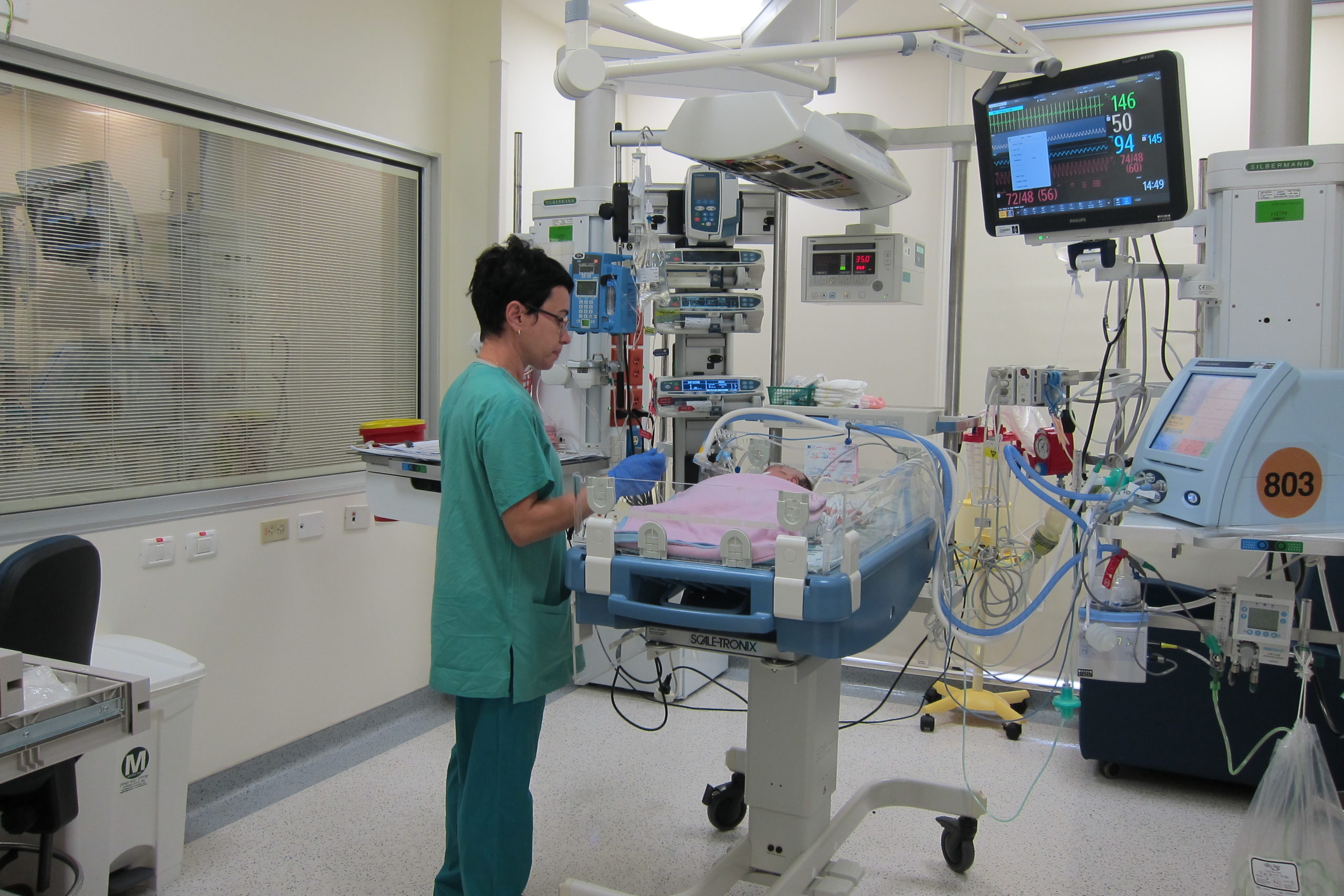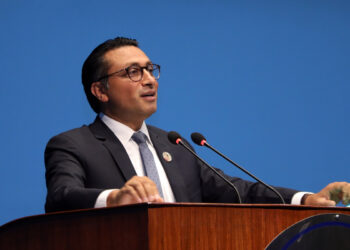TORONTO: Parents, please take note. Researchers have found that children who spend time in a neonatal intensive care unit (NICU) have a higher risk of mental health issues later, regardless of their birth weight,
The study, published in the journal Archives of Disease in Childhood, examined the mental health of NICU graduates in childhood (four to 11 years) and adolescence (12 to 17 years), using data from parent and youth psychiatric interviews.
The research builds on previous studies that suggest extremely low birth weight babies who are admitted to the NICU are more likely to develop mental health issues during those years.
“Advancements in the medical care of patients admitted to the NICU have led to improved outcomes for infants and families, and the need for NICUs has increased in Canada and the US,” said study senior author Ryan Van Lieshout from McMaster University in Hamilton, Canada.
“However, little has been known about the mental health of the broader population of NICU graduates, particularly as they enter late childhood and adolescence,” Lieshout added.
The study used a provincially representative cohort from the 2014 Ontario Child Health Study, led at McMaster.
Parents provided data on psychiatric disorders for 3,141 children aged four to 11 and in 2,379 adolescents aged 12 to 17. Additionally, 2,235 adolescents aged 12 to 17 completed the interview themselves.
According to the researchers, children aged four to 11 who had a NICU admission were nearly twice as likely to have any mental disorder or have more than one mental illness.
The risk of separation anxiety disorder, specific phobia, attention deficit hyperactivity disorder, or oppositional defiant disorder also increased, the study said.
At the age of 12 to 17 years, NICU graduates remained at nearly twice the risk for developing any psychiatric problem, multiple psychiatric problems and oppositional defiant disorder as reported by adolescents and their parents.
“Existing follow-up guidelines of preterm infants suggest monitoring for mental health issues, and this study provides preliminary evidence that in the future it may be prudent to expand this to all infants who stay in a NICU regardless of birth weight status,” said Van Lieshout.
(with inputs from Agencies)









Comment